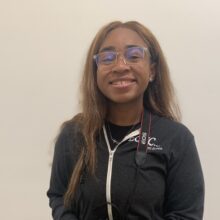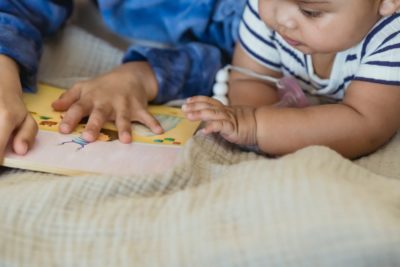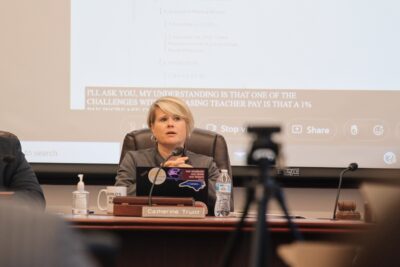
|
|
In a panel last week, educators, students, and activists across the state of North Carolina weighed in on challenges to books, the future of diversity on school grounds, and what can be done to support students and teachers.
“We all know what microaggressions are,” Julie Stivers, a school librarian in Wake County, said. “I really want my library to be filled with micro affirmations all the time for my students — through literature, through the way I set up the library space, just how we live our lives.”
The event was hosted by the American Civil Liberties Union (ACLU) and Equality NC to commemorate Banned Books Week, a national event meant to highlight reading and the negative effects of restricting access to books.
Some of these effects can include the lack of voice and representation.
Paloma Gomez, a student at Raleigh Charter High School, said that most titles deemed as “controversial” may never see the shelves of her school in the first place. The push back against diversity in literature and libraries discourages her and her peers, she said.
The process to challenge books and course materials is outlined in a new state law known as the “Parents’ Bill of Rights.” It is meant to give parents more insight into their children’s test scores and academic progress, and it also gives them the ability to see what books they check out at their school library.
“I have friends from all over the area who do have school libraries and who do utilize those. And these are just spaces to get books from, but also spaces within the school and places where they can find friends and supporting adults. And I don’t want to see those spaces under attack,” Gomez said.
Durham librarian Gavin Shelton wants to increase representation on and off the pages. He sees the impact of this while he works in the teen section of his public library.
He makes the space welcome to diversity by posting LGBTQ+ bookmarks, pins, and decorations year round — and being a role model for young people himself.
“Part of why I was drawn to librarianship in the first place, is that I am a person who is kind of visibly queer, visibly trans or visibly (has) some things going on,” Shelton said. “I’m a way that the space is welcoming, because I am an openly, joyfully trans person who has made it to adulthood, and is, for all intents and purposes, thriving, and I get to be the mirror or the window or the sliding glass door.”

Beyond the books
While all libraries are impacted by book challenges and policies affecting the LGBTQ+ community, educators feel especially vulnerable.
From Kaliq Alexander’s experience as an early childhood educator, he knows that toddlers ask everyone they come in contact with, “Are you a boy or a girl?”
However, between book challenges and legislation like the “Parents’ Bill of Rights,” answering that question becomes more and more complicated.
“When this bill comes into effect, how am I supposed to answer that question, so that I’m not giving them too much information, I’m not exposing them too much?” Alexander said.
Alexander also fears that the bill will endanger the space for his students.
“I think one of the portions of this bill that is another fear of mine is the intentional outing of our children,” Alexander said. “And if a child comes to me, whether they’re a toddler or older, and they have a conversation with me about their identity about their sexual orientation, it’s my job as an educator to then go tell their parents or have conversations with the parents about those things, and I feel like that will hinder a lot of individuals from coming out.”
Seeking support
As a school librarian, Stivers said it can sometimes get lonely. She, and librarians in other buildings, are the only ones there to navigate book challenges and controversy.
But, Stivers said, seeking out and building community to change the narratives can help.
“Even just an email from a family member or community member, saying I love how your collection reflects our students or reflects the global majority, even copy the principal, because that matters so much,” Stivers said.
In addition to being an educator, Alexander is also a part of the Rainbow Collective, an organization that advocates for LGBTQ+ and gender-inclusive spaces in schools and other spaces.
He said that library events can also promote inclusivity and allow people to openly connect with stories without fear.
The panel also highlighted the importance of people visiting local libraries and bookstores and connecting with the staff about what they are interested in.
“I would say being vocal about what you like that’s going on and I would say voting is a key way to keep libraries in funding and signify to representatives that libraries and access to information, intellectual freedom are given to you,” Shelton said.
“And sometimes, just telling your librarian that you like what they’re doing is the best thing.”
More information on Banned Books Week can be found here.





